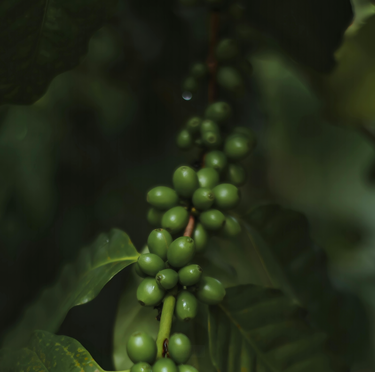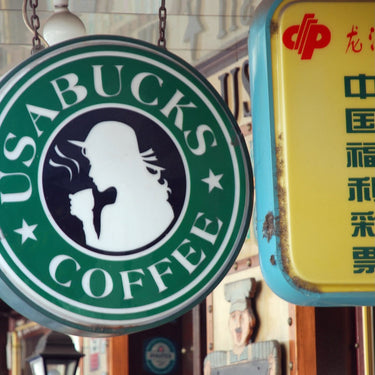TRADITIONAL
Nº 139 Papua New Guinea Baroida
Country: Kianantu, Western Highlands
Process: Washed
Grown / Region: Baroida Estate
Altitude: 1700m - 1850m
Varietals: Arusha, Bourbon, Mundo Novo & Typica
Producers: Colbran Family
Tasting Notes: Molasses, Date, Liquorice
Roast Level: Dark 5/5

FARM NOTES:
The Baroida estate was founded by Ben Colbran in 1962, and he was one of the first to cultivate coffee in the Eastern Highlands of the country. Now his son Nichol owns and manages the farm and mill where the coffee cherries are processed. The family have become closely in-tune with the unique climate and soil conditions of PNG, and have adapted traditional Kenyan methods of farming. High rainfall and frequent flooding make coffee cultivation very tricky, so the Colbran family implemented a system of drainage ditches and shade-cover in the form of indegenous trees. They have been coffee pioneers in the region, and have even begun processing coffee cherries for neighbouring farms.
Remote farmlands and high rainfall pose challenges to coffee cultivation in PNG. The Colbran family have employed strict quality control and encouraged shade canopy growth to protect the more delicate coffee trees. In doing so they have built a strong reputation for highly graded coffees in the region. This lot from the estate boasts classic flavours of dark brown sugar and sticky dried fruits.
DISCOVERY
Nº 171 China Banka
Country: Yunan, China
Process: Natural
Grown / Region: Yunnan
Altitude: 1350m
Varietals: Catimor P3/P4
Producers: Menglian Dai, Lahu and Va Autonomous County, Yunnan
Tasting Notes: Cherry Pie, Cantaloupe Melon, Cinnamon
Roast Level: Light / Medium 2/5

FARM NOTES:
China produces a small volume of speciality coffee each year, and very little makes its way to UK markets. The Yunnan region is home to dense and complex varieties of arabica coffee and the natural process these undergo further highlights the interesting fruit notes and florals.
Chinese coffee has not typically been well regarded in the speciality sector in the past. However, over the last few years, this has begun to change. This particular coffee hails from China’s tea growing regions in Yunnan, close to the city of Pu’er.





